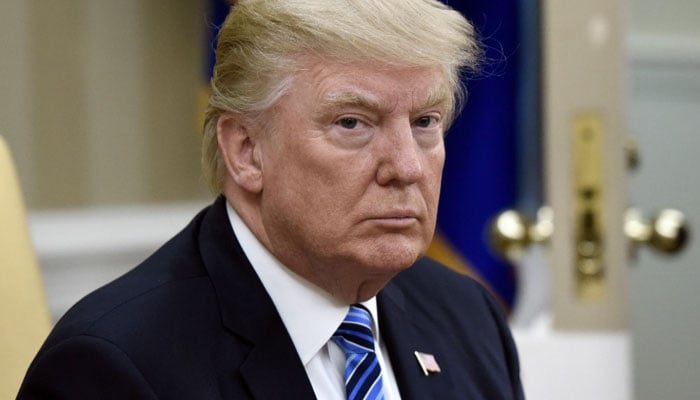Former President Donald Trump’s legal team has tried various defenses in his ongoing hush-money trial. But so far no success.
Trump’s defense strategy has evolved over time. Initially, Trump denied knowledge of the payment to Stormy Daniels. However, he later admitted that the money was paid by his then-lawyer Michael Cohen. Cohen pleaded guilty to multiple charges in August 2018 and testified that he made the payments at the direction of candidates for federal office.
The case centers on Trump’s concealment of hush-money payments, including a $130,000 payment to adult film star Stormy Daniels.
Before the 2016 election, Trump’s then-lawyer Michael Cohen paid Daniels to keep quiet about an alleged extramarital affair with Trump in 2006. Trump’s reaction to the money has evolved over time.
Initially, Trump denied any knowledge of the payment or the incident. However, in February, Cohen claimed that he personally paid Daniels before the election, using his own money and without orders from Trump or his campaign. He also said Trump did not reimburse him for expenses.
In March, Daniels claimed she had an affair with Trump in 2006 and filed a lawsuit to invalidate a nondisclosure agreement she signed. When Trump was asked about the payment on Air Force One in April, he denied knowing anything about the payment.
Weeks later, Trump admitted on “Fox & Friends” that Cohen had represented him in a small portion of his legal work, including the “crazy Stormy Daniels deal.” A month later, Trump acknowledged on Twitter that Cohen’s payments had been reimbursed and that a nondisclosure agreement existed, but denied that it had happened.
In May, Trump signed a financial disclosure form showing that he reimbursed Cohen between $100,000 and $250,000 in 2017. However, court documents in August showed that Cohen was paid a total of $420,000. This highlights the stark difference in amounts.
He labeled the hush money as a “simple personal transaction” and denied it was a campaign contribution. In January 2023, Manhattan District Attorney Alvin Bragg began presenting evidence to the grand jury. Trump’s lawyers argued that the statute of limitations had expired and asked that the indictment be dismissed.
The district attorney’s office cited an exception to the statute of limitations, and the judge rejected Trump’s claim. Trump’s attorneys also claim he was charged multiple times over 11 reimbursement checks he wrote to Cohen. The district attorney’s office argued the charges were not serious, and the judge rejected that argument.
Finally, Trump’s lawyers argued that he “is an impermissible target for prosecution” due to political pressure. The district attorney’s office said Trump’s claims were “baseless.” The judge rejected that argument from Donald Trump.
During the hush-money trial, Trump’s lawyers repeatedly tried to delay the proceedings. They accused the district attorney’s office of misconduct in late filings, which delayed the trial for 30 days. However, the judge found no fault with the district attorney’s office and criticized Trump’s lawyers for making serious claims without adequate support.
Trump’s lawyers informed the court that he intends to rely on “counsel’s advice” for his defense. They argued that he could not be held responsible for the alleged crimes because he acted on the advice of his lawyers. They clarified, however, that Trump would not file a formal counsel-advised defense.
Trump’s defense lawyers have asked for a stay of the trial as the Supreme Court reviews his claims of presidential immunity. However, Judge Silk rejected Trump’s attempt to delay the trial on grounds of presidential immunity.
Trump’s lawyers have accused Judge Murchin of having an ongoing financial interest related to the trial because of her daughter’s job at a digital consulting firm. The district attorney’s office disputed that claim.
A week before the trial, Trump stepped up his efforts to delay the trial, including filing a lawsuit against Judge Murchin and asking for a change of venue.
However, his request was rejected by the court.
Follow us on Google news ,Twitter , and Join Whatsapp Group of thelocalreport.in
